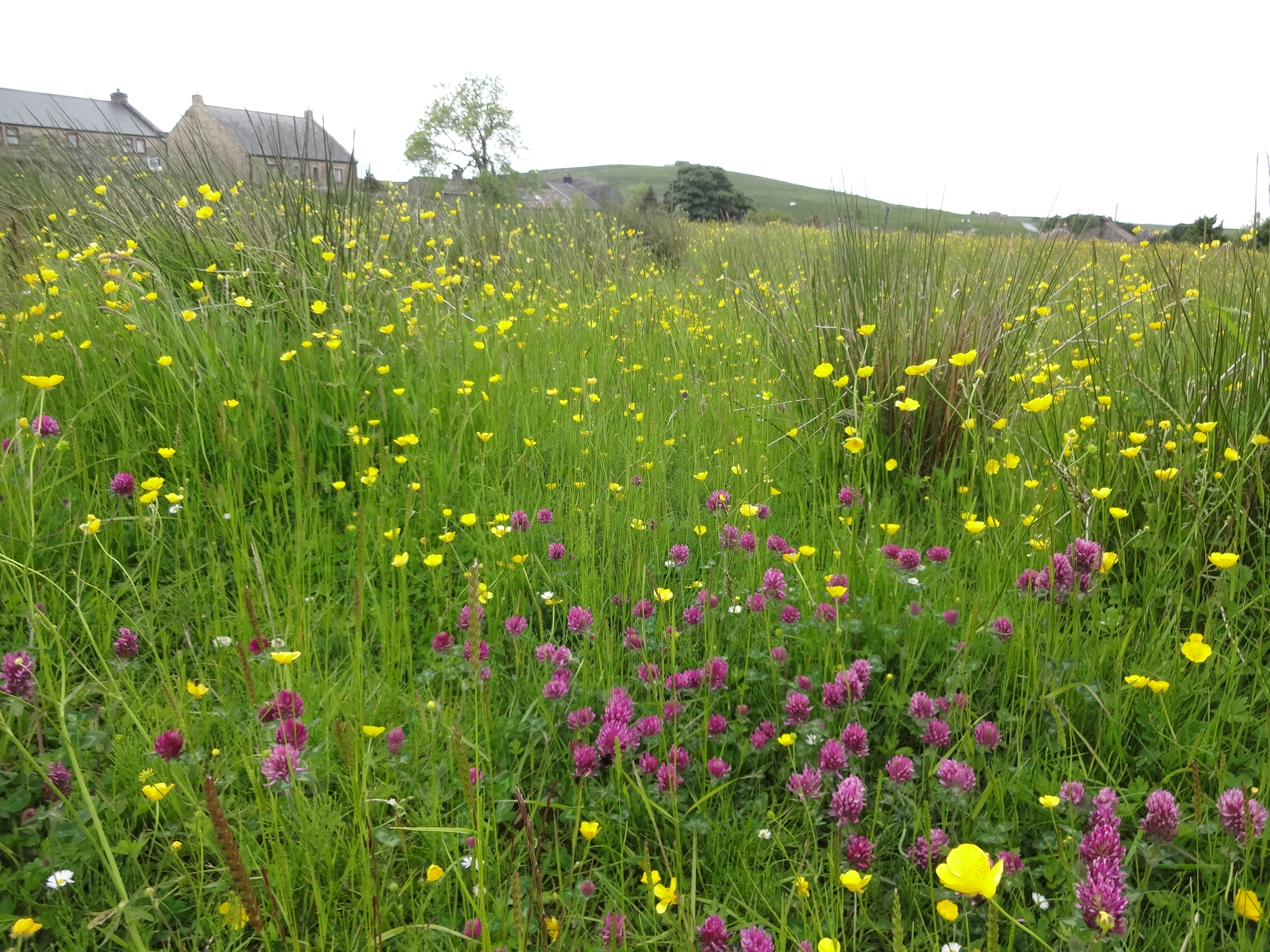Contact us today for a free quote.
Biodiversity Net Gain Assessment for Developments
As it is now a part of UK legislation, Biodiversity net gain will become a mandatory point for all upcoming development projects in England. Biodiversity net gain refers to the process whereby a development (or project) considers the environmental impact in terms of biodiversity. It aims to ensure that biodiversity is left in a better state than before the development was completed. This can be done by avoiding biodiversity loss, retaining various habitat types and protecting any assets of strategic significance or areas of special scientific interest.
Biodiversity Net Gain (BNG) assessments are being requested more frequently by Local planning authorities to inform planning applications. The aim is to demonstrate how the proposed development will be of benefit to biodiversity in a measurable manner. BNG also acts as a planning condition as well as a policy requirement for planning consent. It can, therefore, have a significant impact during the decision making process of planning authorities when they debate whether to grant or refuse a planning application.

Biodiversity Net Gain Assessment
Biodiversity on a development site can be accurately measured using the biodiversity net gain metric calculation tool. This metric is currently Defra Biodiversity Metric 4.0. This tool can help to determine your biodiversity unit score and translate it into the standards of your local planning authority. In order to calculate Biodiversity Net Gain credits, this tool requires a range of information.
This includes data such as habitat areas, habitat types and habitat conditions to measure biodiversity for any development site. This calculator tool then provides a required percentage gain for the site. This calculation will also help to determine whether the site meets the BNG requirements.
This calculation will take into account the habitats on site prior to the development, as well as the available habitats presented in the development plans. An assessment of the habitats on site must be identified by an ecologist by using a site survey. This site survey should include case studies on the existing biodiversity interests and possible impacts on them. It should also provide details of any measures proposed to compensate or mitigate for any impacts caused on the surrounding environment using a mitigation hierarchy.
Why are Biodiversity Net Gain Assessments required?
The Environment Bill was passed and achieved royal assent in November 2021. Under The Environment Act 2021, developments and projects will now need to ensure there is at least a 10% net gain to biodiversity.
Biodiversity net gain will soon become mandatory due to The Environment Act that will be introduced in 2023. This act will introduce the legal requirement to deliver biodiversity net gain for all developments in England. The current national policy in England, The National Planning Policy Framework (NPPF) Paragraph 179 states:
“To protect and enhance biodiversity and geodiversity, plans should:
- b) … identify and pursue opportunities for securing measurable net gains for biodiversity.”
As a result of this, many planning applications for developments will now be unable to proceed until local planning authorities are satisfied that the required biodiversity standards have been met. Therefore, providing Biodiversity Net Gain assessments alongside methods for achieving Biodiversity Net Gain within a development’s proposal will soon become essential in order to receive the appropriate planning permission.
Implementing Biodiversity Net Gain
If you are unsure of how mandatory biodiversity net gain delivery may affect your planning application, you should contact your local authorities. If they indicate that your development could be significantly impacted, we recommend that you contact an experienced ecologist as soon as possible. They can discuss whether your development plans meet the required standards as well as any measures you may need to take in order to meet planning requirements.
At Collington Winter, our team has strong experience completing biodiversity net gain and will provide guidance throughout the planning process. We can ensure that one of our experienced biodiversity ecologists visits your development site to assist with any biodiversity net gain plans and any required BNG reports.
Our ecologists will complete a biodiversity net gain assessment, and the data is entered into biodiversity units to measure changes to the natural environment, pre and post development. Landscape planting plans and management plans are used to inform post development measures.
Our team can also undertake protected species surveys for development sites. If these surveys indicate that a protected species may be present, mitigation measures can be put in place. Other restrictions may also be present, such as the protection of hedgerows and lines of trees.
How can Collington Winter assist with Biodiversity Net Gain Assessments?
In order to obtain planning permission for a development from your local planning authority, you must be able to prove that you are taking the correct measures to increase the biodiversity net gain on your site. One of the first steps in this process is to book an experienced ecologist to create and develop a biodiversity net gain report for BNG assessments.
Our team of ecologists and land managers have helped numerous clients over the years. This includes matters regarding policy guidance for biodiversity gain in England. It is important to note that this varies across each Local Authority in the country.
Biodiversity is something that we are qualified and experienced in, and we can offer advice on your development project. We are determined to offer you the support you need both pre and post development in order to reach the required mandatory biodiversity net gain bracket.
Our Ecology Director, Olivia Collington, holds a Natural England license. Feel free to contact us using the details below if you would like to find out more about the services we provide.
Contact Us
Registered Address
23 Bark Street East, 1st Floor, Bolton, BL1 2BQ
Cambridge Office
Future Business Centre, Cambridge Campus, Kings Hedges Road, Cambridge, CB4 2HY
Telephone
Head Office: 01204 939 608
Dumfries Office: 01387 378208

